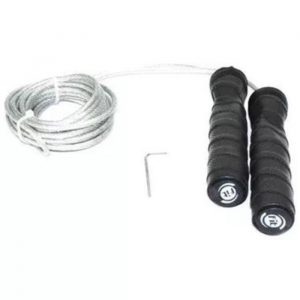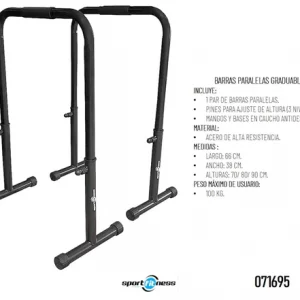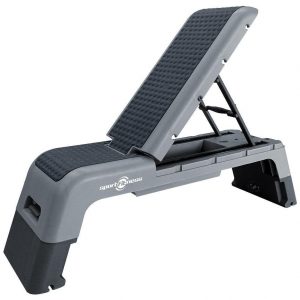Balance Board: 3 claves por las que querrás comprar la tuya
Si no has escuchado hablar de las Balance Board, seguramente no tardes en escuchar algo sobre ellas. Son algo muy nuevo, que entra con muchísima fuerza en el mundo fitness de Colombia, y que ha causado verdadero furor en otros países.
Este tipo de tablas para equilibrio y ejercicio físico, también conocidas como rola bola, tienen formas y diseños increíbles. Funcionan de forma muy sencilla: una tabla apoyada sobre una base. Nos subimos en ella, y oscilará hacia los lados.
No sólo es increíblemente divertida: te aporta increíbles ventajas a nivel de salud. Te contamos los detalles.
1. Apta (y muy recomendable) para cualquier edad
Una Balance Board no se convertirá en uno de esos aparatos que quedan abandonados en una esquina de la casa. ¡Es demasiado divertida!
Y es que, además, está recomendada para cualquier edad, de manera que podemos competir con los niños, o incluso ayudar al abuelo a mejorar su equilibrio. Lógicamente, si eres un adulto y quieres mantener tu cuerpo tonificado, unos minutos al día sobre ella serán excelentes.
2. No está pensada para deportistas ni atletas de élite (aunque las usen)
Otra de las claves que has de considerar es que estas tablas son muy utilizadas por deportistas y atletas profesionales. Sin embargo, eso no significa que tú no puedas sacarle partido.
Tu Balance Board es apta para cualquiera con ganas de subirse y entrenar. Mejorarás tu equilibrio, tono muscular y habilidades sin darte cuenta. No necesitas experiencia ni grandes habilidades: sólo desear practicar.
3. Puedes trabajar múltiples grupos musculares en tu Balance Board
Con la ayuda de tu Balance Board podrás realizar sentadillas, abdominales, equilibrio y todo tipo de ejercicios dinámicos.
Se trata de un dispositivo que va a revolucionar el mundo del ejercicio en casa. Apto para toda la familia, no requiere preparación y te permite trabajar todo tu cuerpo. Con lo baratas que son las Balance Board en Sport Fitness, ¿vas a decirles que no?
Nuestros destacados

Set De Movilidad 3 EN 1 – Sport Fitness 71465
Original price was: $118.795.$95.036Current price is: $95.036. IVA Comprar Ahora
Lazo Para Salto JR4317 – Sport Fitness 71588
Original price was: $63.398.$50.718Current price is: $50.718. IVA Comprar Ahora
Bicicleta Spinning Magnética Benevento – 70396
Original price was: $3.590.517.$2.872.413Current price is: $2.872.413. IVA Comprar Ahora





